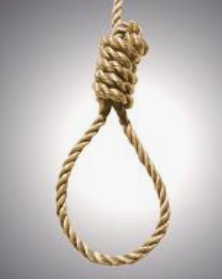August 06, 2021

“We are going to the zero point,” Majid Tafreshi of the state-run High Council for Human Rights told Agence France Presse (AFP). He insisted that was the “will of the system” of the Islamic Republic.
The United Nations and human rights groups frequently criticize Iran for executing child offenders, which violates the UN Convention on the Rights of the Child, which Tehran has ratified.
Tafreshi, the council’s deputy head of international affairs, speaking in English during an interview with AFP insisted the Islamic Republic is working hard to reduce the numbers of executions of those who committed crimes while minors.
“This is what all the government [is doing]. This is applaudable,” he said. “We’re trying to convince the victim family to pardon,” saying the council’s broad goal “is minimizing the number of executions … as much as possible.”
For child offenders, these efforts result in pardons agreed by the families of victims in 96 percent of the cases, Tafreshi said.
Murder is punishable by death in Iran, according to the Islamic law of retribution or “qasas,” the principle of an “eye for an eye.” But the death sentence is not carried out if the victim’s family agrees to pardon the individual on death row.
UN rights chief Michelle Bachelet in late June pointed to Iran’s “widespread use of the death penalty” and said “over 80 child offenders are on death row, with at least four at risk of imminent execution.”
Iran last year executed at least four people found guilty of murders committed when they were minors, according to the UN.
Tafreshi pointed out that the Qoran says demanding the convict’s execution “is your right as a victim’s family” — but also that showing mercy and agreeing to a pardon is “good for you.”
For the last few years, the Judiciary has actively urged families to pardon those of all ages who face the death penalty. But Iran still executes more people than any other country except for China.
